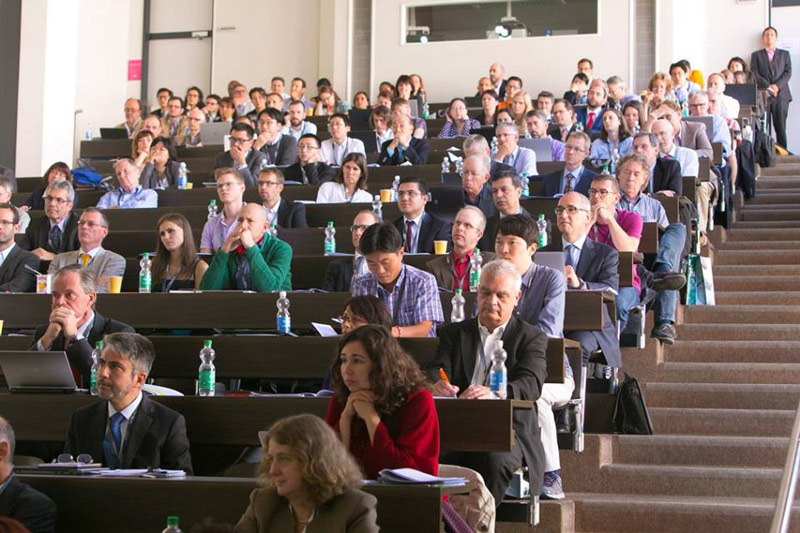
The UNEP-GEF en.lighten and United for Efficiency (U4E) initiatives were recently presented during the International Conference on Energy Efficiency in Domestic Appliance and Lighting (EEDAL) in Lucerne, Switzerland. The EEDAL conference aims at promoting international research, projects and other initiatives to foster energy efficiency in the residential sector. The conference brought together many of en.lighten and U4E partners including International Copper Association (ICA), United Nations Development Programme (UNDP), Natural Resources Defense Council (NRDC), CLASP, Osram, Philips, BSH Hausgeräte GmbH, TopTen International Services, Big EE (Wuppertal Institute), China National Institute of Standardization (CNIS).
The en.lighten and U4E presentation focused on the U4E country assessments that show the financial, environment, and energy savings that can be achieved with a transition to energy efficient lighting, appliances, and equipment. The en.lighten initiative currently has country assessments for 150 countries on-grid and 100 countries off-grid. In part due to the country assessments, 66 countries have joined the en.lighten global partnership and are today implementing policies to transform their market to energy efficient lighting.
In the lead-up to COP21, the country assessments will be expanded to approximately 100 countries for residential refrigerators, room air conditioners, electric motors, and distribution transformers. These assessments have already been piloted in two regions: Latin America & the Caribbean and Southern Africa. According to the U4E analysis, a global transition to energy efficient lighting, appliances, and equipment will save 2,500 TWh per annum, which is equivalent to 10% of current global electricity consumption. These savings would also save consumers 350 billion US$ per annum in reduced electricity bills and save 1.25 billion tons of CO2 each year